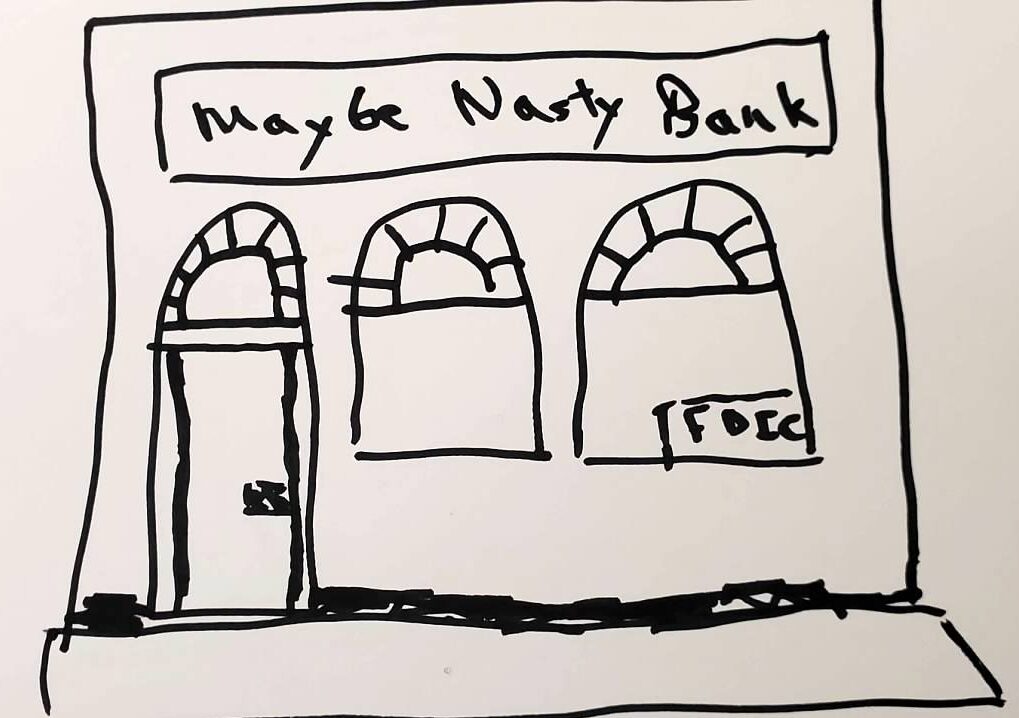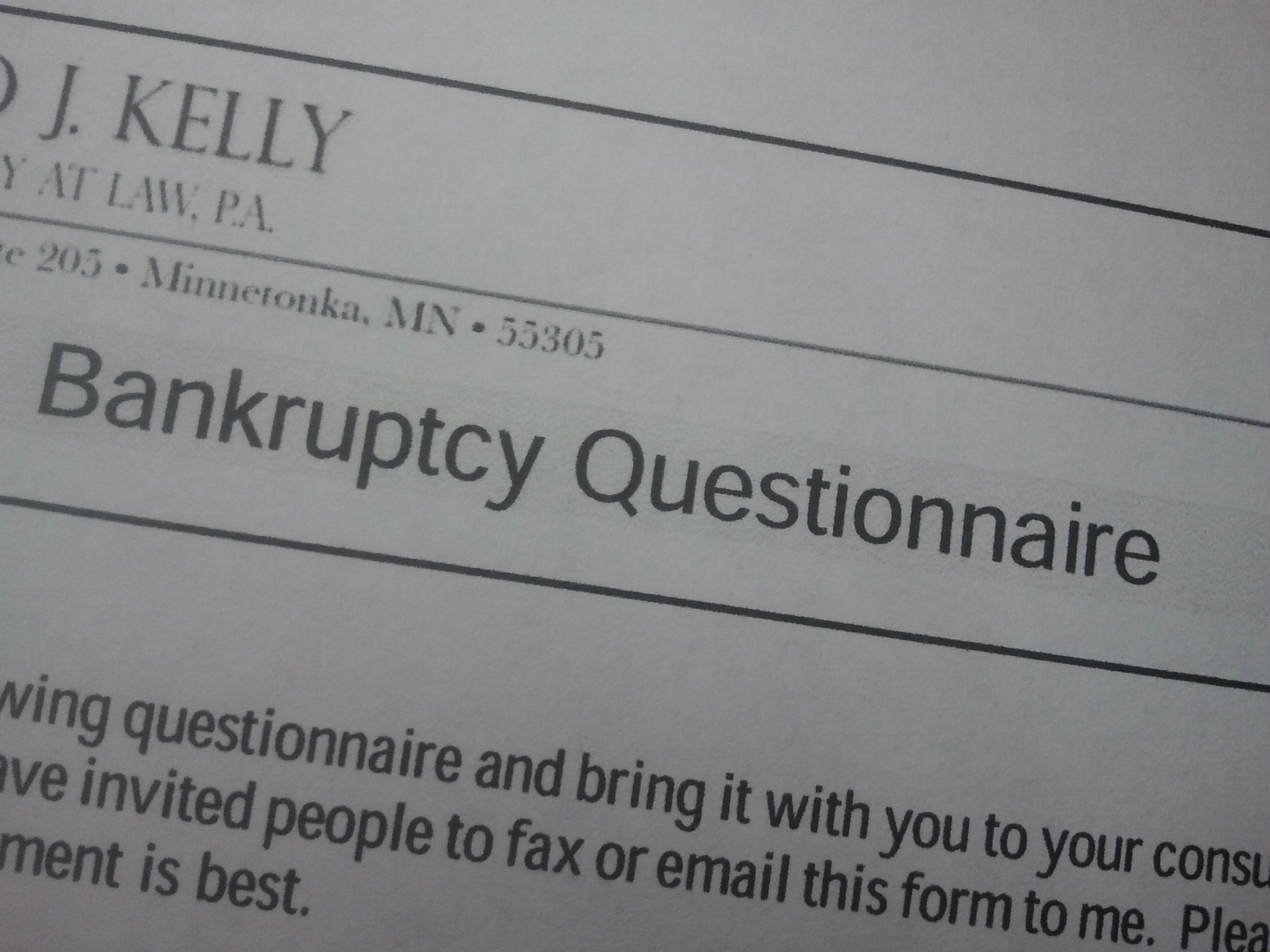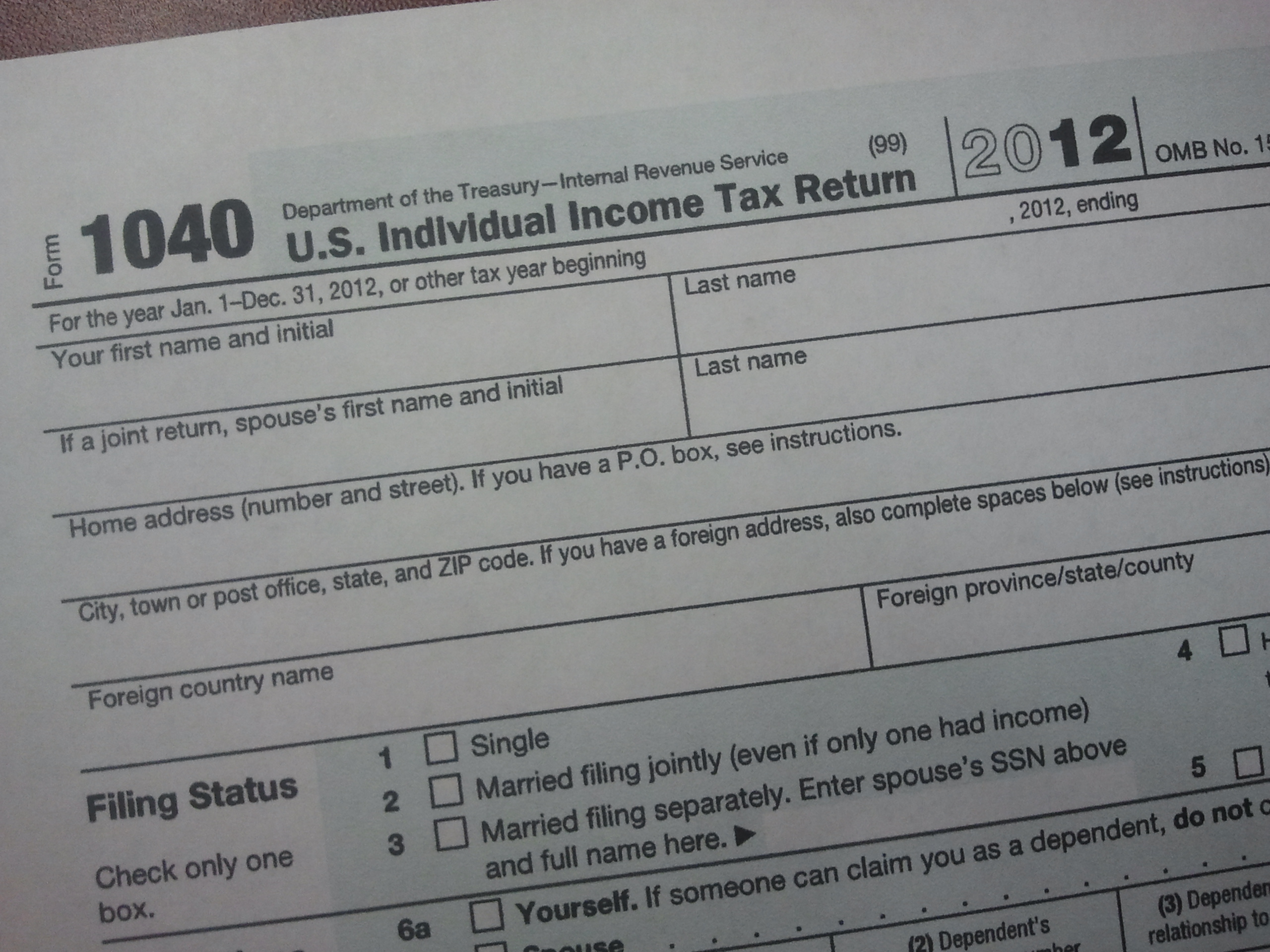I usually don’t give much thought to the question of whether filing a bankruptcy is the moral or ethical thing for a person to do. I decided a long time ago that it is, at least for my clients in the kind of cases that I accept. For one thing, I don’t recommend bankruptcy unless it’s the last resort. In other words, if the client has other alternatives, I recommend against filing bankruptcy and suggest that other avenues be tried first. I have referred hundreds of people to Lutheran Social Services Financial Counseling and to Family Means financial counseling, my two favorite alternatives to bankruptcy. Lots of debt settlement companies are operated by crooks, and you really have to watch out for them; but these two are strictly legitimate.
Most of my clients are absolutely overwhelmed and buried in debt. If they are going to keep paying their unsecured debt, they don’t get to eat – and vice versa. I believe that a person’s first duty is to himself or herself and his or her family, and his or her second duty is to the community. Under both duties, it is your obligation to take care of yourself well enough that you and your family don’t become homeless wards of the state. If you can at least support yourself, you are saving the community the cost of supporting you. Your duty to continue paying your debts to a bunch of bankers is much lower on the hierarchy of values, and the value of self preservation will trump that every time. If you need to file a bankruptcy to be able to properly care for yourself and your family, it could even be a moral obligation that you do so.
In biblical times all debts were canceled every seven years. (Deuteronomy 15:1-2) Everyone was given a fresh start at the same time every seven years whether they were current with their debts or not. Even citizens who had sold themselves into slavery were set free in the year of jubilee, which occurred every fifty years. (Leviticus 25: 10-13) Selling oneself or one’s family into slavery was apparently one approach to raising money to pay debt. We no longer have slavery these days, but sometimes what I see my clients doing prior to filing bankruptcy seems to have similarities to slavery. Seems like slavery to me if you spend all your time and resources working in the service of Capitol One or Discover. It also seems to me that the sort of debt forgiveness practiced in Biblical times has similarities to bankruptcy today – except bankruptcy can usually be done only every eight years.
Here in the United States, bankruptcy is provided for in Article 1, Section 8, Clause 4 of the United States Constitution. This authorizes Congress to enact “uniform laws on the subject of Bankruptcies throughout the United States.” Our founding fathers obviously thought that Congress should have the power to provide laws for the kind of safety net that is found in bankruptcy. Under those laws for most individuals the only way to get your debts canceled is to file a Chapter 7 bankruptcy or Chapter 13 bankruptcy. Even then some debts (most taxes, child support, alimony, most student loans, etc.) are not dischargeable.
If things have gotten so bad that the debtor really can’t pay, bankruptcy is a good thing for the debtor and the creditor too, since the creditor is now able to stop wasting resources trying to collect. Large debts can be like quick sand. The harder one tries to get out, the deeper one gets. Most bankruptcies seen in my office are filed long after they should have been.
This post is for general information purposes only, is not legal advice, and does not create an attorney-client relationship.














